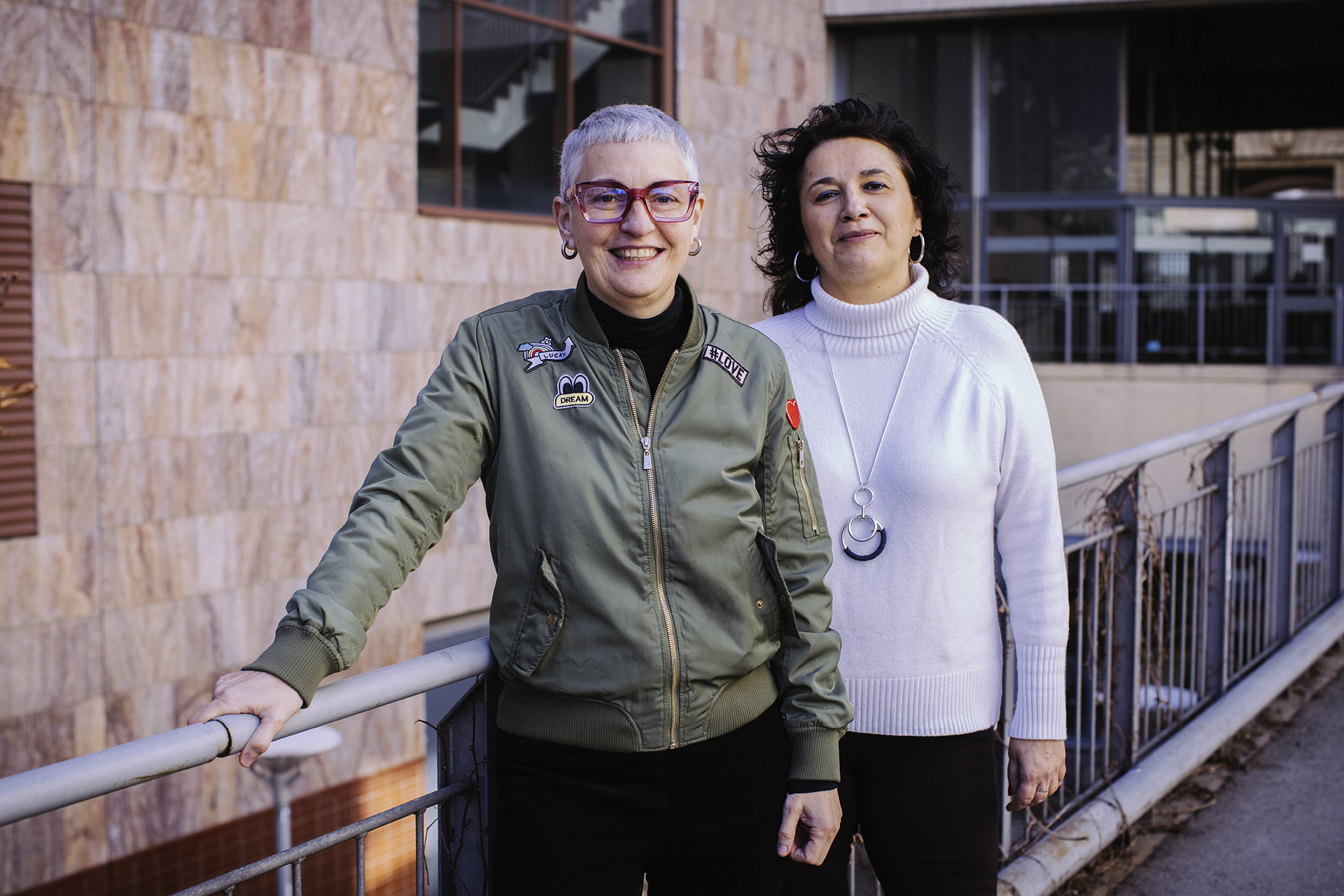
A study seeks to tackle gender bias in classical music in Catalonia
The project was commissioned to the Research Group on Cultural and Statistical Studies (RESCUE) of the UB by the Catalan Association of Classical Music Performers (ACIMC).
What is the situation of classical music in Catalonia? What are the musical tastes of audiences and concert programmers? Is there a gender bias among composers and performers? These are some of the questions answered by the report commissioned to the Research Group on Cultural and Statistical Studies (RESCUE) of the University of Barcelona by the Catalan Association of Classical Music Performers (hereafter, ACIMC). The principal investigators of the study are Dr. Magda Polo, Senior Lecturer in the Department of Art History, and Dr. Arlinda Garcia, Senior Lecturer in the Department of Geography of the Faculty of Geography and History of the UB.
The study was prompted by the ACIMC’s interest in obtaining an up-to-date image of the state of classical music in Catalonia, which may provide first-hand knowledge of the sector’s weaknesses and enable it to correct and improve certain decisions in the field of music policy.
To this end, they compiled, processed and analysed data from more than a thousand concerts, over four thousand musical programmes, and over a thousand performers to record what instrument they played and in what type of ensemble they performed in 2021. In this way, they came up with their own methodology, datasets and reflections, all of which are unprecedented not only in Catalonia, but also in Spain and in Europe as a whole.
The most relevant conclusions that can be drawn from this study are the existence of two major biases, namely territorial and gender bias. Magda Polo, one of the authors of the report, insists on the need for “the existence of equitably distributed facilities throughout the Catalan territory for the programming of classical music and the equal participation of women in musical creativity and performance.”
Their research warns that the presence of Catalan female composers was 1.7% in 2021. According to the study, only 0.5% of the pieces performed in the programmes in 2021 were written by women. As for the programming of contemporary composers, only 11.4% were women.
Regarding the territorial bias, the report details that during 2021, 7 out of 10 venues dedicated to classical music were located in the area of Barcelona and only 0.6% in the territory of Lleida. Festivals were more spread out, with 40.1% happening in the territory of Lleida, 29.9% in the area of Barcelona, 24.8% in the region of Girona, and 5.1% in the Camp de Tarragona.
Support for the sector
Polo believes that this report will help concert programmers, concert halls, cultural facilities, cultural managers, music schools, conservatories, and musicians. “First, they will know the overall figures, but also the details of what is happening in different parts of Catalonia. Secondly, it will help them to promote new music policies based on real data. And thirdly, it will help them to set expectations that seek to excel in classical music, based on the recovery of our musical heritage and the promotion of the kind of compositions that are currently popular in our territory”.
Polo points out that there is an important difference between the situation of classical music in Catalonia and that of most European countries. “In Germany, France, the Netherlands, Italy, and so on, regular programmes are much richer, there are more facilities, and a wider range of classical music on offer. In addition, performers have better working conditions and new productions are also encouraged and promoted. In Catalonia, as a general rule, the professional and working conditions are not good, and we hope that reports such as the one we have just presented will facilitate this. It is a question of helping the music sector and transferring knowledge, which is what has allowed us to produce this report on the situation of classical music in Catalonia in 2021”.

